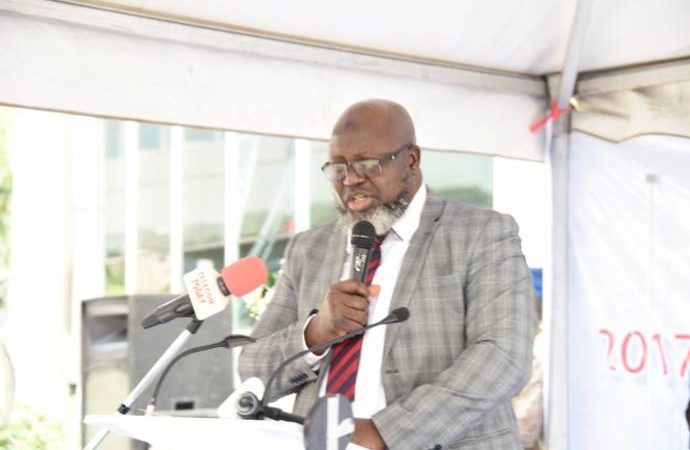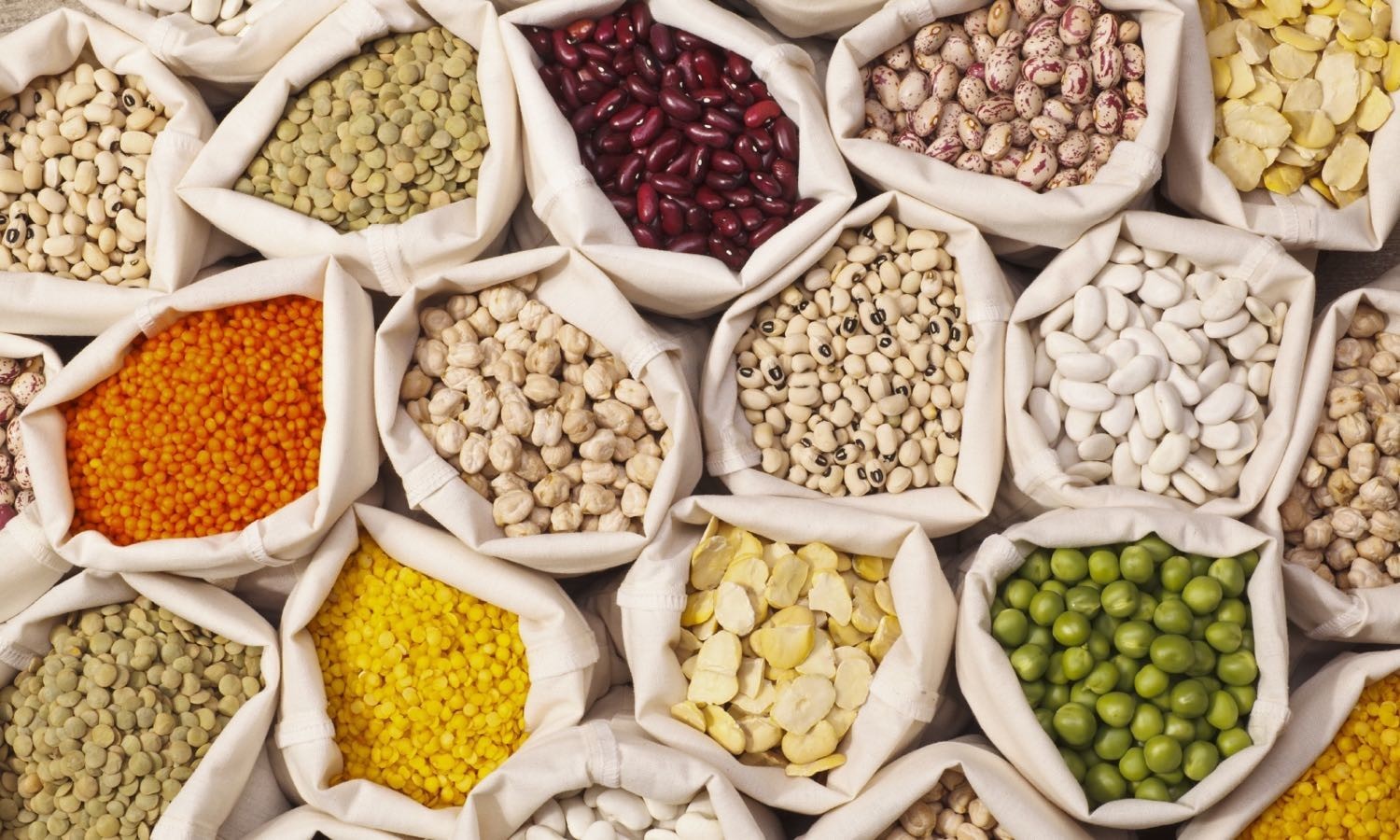The Minister of Communication, Mr Adebayo Shittu, has described the Internet as a resourceful tool that could be employed to transform Nigeria’s education sector and contribute to economic transformation of the continent.

Shittu stated this in an interview with the News Agency of Nigeria in Kigali on Friday.
He was commenting on a report of a new study on internet released at the African Regional Internet and Development Dialogue in Kigali by the Internet Society.
The minister, who commended the study, stressed that internet was not only the future of education but of other sectors such as commerce, transportation, health, governance among others.
Shittu said Nigeria was putting in place mechanism to take its rightful place on the continent and world’s Information and Communications Technology (ICT).
He said that the present administration had invested and still investing in the development of ICT and had also created favourable environment to attract investors to the sector.
The study, which results were released in Kigali, showed that internet offers an opportunity for addressing the learning needs of diverse groups in Africa.
This, it stated, included the bulk of learners that are currently out of school.
The study titled: “Internet for Education in Africa,” stated that a blended learning environment that leverages internet could potentially help connect education to work and improve the skills that allow youths to access employment.
“It could also help empower lifelong learners, and importantly, support women, girls and disabled people to participate in learning without space, time and other cultural and social barriers.”
It described blended learning as an education system that combines online digital media with traditional classroom methods.
“The participation in the global economy is now dependent on 21st century skills, which includes the ability to navigate in the digital world.
‘‘Progress in countries like India, China and South Korea shows that connectivity serves as a foundation for access to information economy jobs and advancing innovations,” it stated.
The study shows that in Africa, using internet for learning is a real possibility.
It added that more than a quarter of the African population (334 million) has access to internet, the majority of which are young people.
According to the study, there are 147 million Facebook users in Africa as of June 2016.
It, however, noted that such access to internet and use of social media had not been harnessed systematically to advance education and learning at individual and institutional levels.
The study said there was hope that internet and ICT can transform the education landscape in Africa, but that there are still challenges blocking internet use in education in Africa.
These, it stated, included limited literacy and skills that are needed to participate in the Internet economy and lack of infrastructure to host and exchange locally available content.
Others, it stated, are inadequate supportive infrastructure such as electricity, and high taxes on ICT hardware and software, among others.
Dr Lishan Adam, one of the lead researchers behind the study, said it was also part of reviewing the position of Africa in global education commitments.
“As internet is growing, educational challenges are advancing and normally the two are not supposed to be intersecting.
‘‘What we are trying to do is to look at where we are in terms of providing access to quality education, which is in line with the global education commitments under Sustainable Development Goals (SDGs).
‘‘The education targets of the SDGs, among others aim to ensure universal pre-primary, primary and secondary education, achieve gender equity among learners, ensure disabled learners attain equal education, and foster youth employability,” he said.
To achieve this, Adam stated that improved connectivity in the region and the vast learning resources that are available over the internet are useful.
According to him, while access to mobile broadband has increased in urban areas, last-mile connectivity remains a challenge.
‘‘With about half of the population more than 25kilometres from the nearest fiber connection, broadband connection in rural areas remains very low.
‘‘With over 70 per cent of the population living in rural areas, the majority who need internet the most, such as rural schools, do not have it,” he said.





